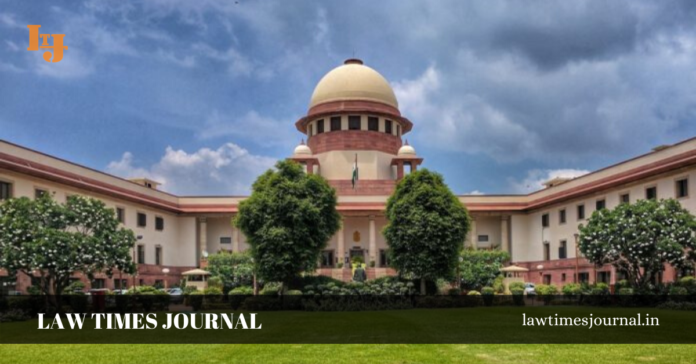
The Supreme Court has recently held that Section 10A of the Insolvency and Bankruptcy Code (IBC) prevented the registration, in respect of a corporate debtor, of applications for the initiation of the CIRP for a default arising on or after 25 March 2020, even though that application had been lodged before 5 June 2020, the date on which the amendment came into effect. The division bench consisted of Dr. Dhananjaya Y Chandrachud and M.R. Justice Shah found that the retrospective bar on the filing of applications for the initiation of the CIRP within the time prescribed did not bring an end to the debt owed by the corporate debtor or to the right of the creditors to recover it.
The decision was made in compliance with a case in which an employee was owed a huge amount upon his resignation by his organization. After he submitted his resignation in January, he was asked to serve as a notice period until April 2020. Three days before his resignation was in place, his course of employment was put to an end without the due payment being made. The employee then initiated an application under Section 9 of the IBC to recover the due amount. During this time, an ordinance came into force by the President of India in June 2020 by which Section 10A was added into the IBC. The employee’s organization then claimed that the relief he is seeking was not maintainable under Section 10A of the IBC. The same decision was conceded and upheld by NCLT and NCLAT.








